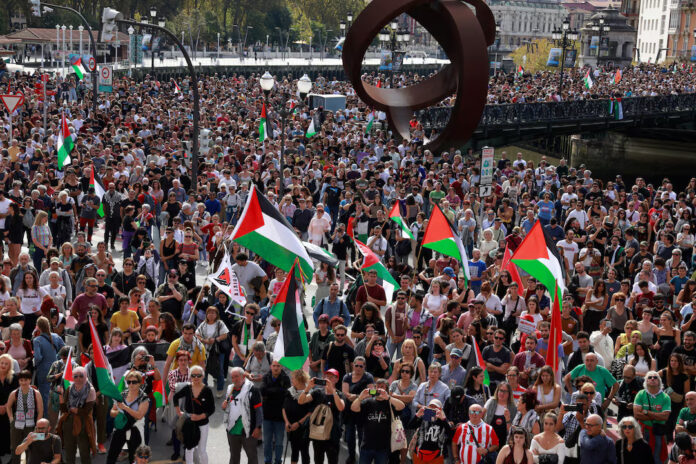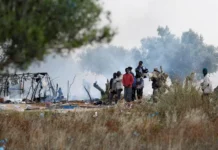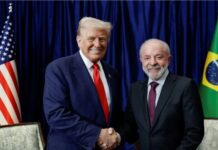
France, Britain, and Canada are set to formally recognise a Palestinian state at the United Nations General Assembly this September, marking a significant shift in policy by three of Israel’s long-standing allies. The decision follows months of private diplomatic discussions, growing frustration over the deepening humanitarian crisis in Gaza, and mounting concerns that the window for a two-state solution is rapidly closing.
The recognition plan, largely symbolic in immediate effect, reflects a coordinated push led by French President Emmanuel Macron, British Prime Minister Keir Starmer, and Canadian Prime Minister Mark Carney. It represents a rare departure from Washington’s long-standing stance on the issue, leaving the United States increasingly isolated among major Western powers.
Initially hesitant to be seen as rewarding Hamas or straining ties with Israel and Washington, the three leaders became more assertive as Israeli restrictions intensified humanitarian suffering in Gaza and hopes for a ceasefire faded. Macron’s July 24 announcement that France would back Palestinian statehood at the UN marked a turning point. His move was quickly followed by private conversations with Starmer and German Chancellor Friedrich Merz, and within days, Starmer secured cabinet backing for Britain’s own recognition plan.
Canada, which had been wary of acting alone, joined the initiative shortly after, with Carney stressing the need to protect the two-state solution. “The possibility of a two-state solution is being eroded before our eyes,” he said, citing worsening conditions in Gaza and settler violence in the West Bank.
The groundwork for the move began earlier this year, with France and Saudi Arabia developing a proposal to coordinate Western recognition of Palestine alongside stronger Arab pressure on Hamas. Though their efforts to promote the plan at a UN conference in June were disrupted by regional escalation and U.S. diplomatic resistance, the momentum continued behind closed doors.
Despite U.S. President Donald Trump dismissing the recognition drive as symbolic, his muted response to Macron’s announcement gave other leaders confidence that fallout with Washington could be contained. Still, U.S. Secretary of State Marco Rubio called the move “irrelevant,” and other G7 nations, Germany, Italy, and Japan, have yet to signal any intent to follow.
Globally, over 140 UN member states already recognise Palestine. Yet U.S. opposition and its veto power in the Security Council continue to block full Palestinian membership at the United Nations.
Richard Gowan of the International Crisis Group noted that the move by France, Britain, and Canada “matters precisely because we are seeing major U.S. allies aligning with the Global South on the Palestinian question,” adding that it puts further pressure on Israel and weakens claims that pro-recognition efforts lack credibility.
While largely symbolic, the coordinated recognition signals a shift in the international approach to the Israeli-Palestinian conflict, and a growing impatience with the status quo.
Written By Rodney Mbua


















